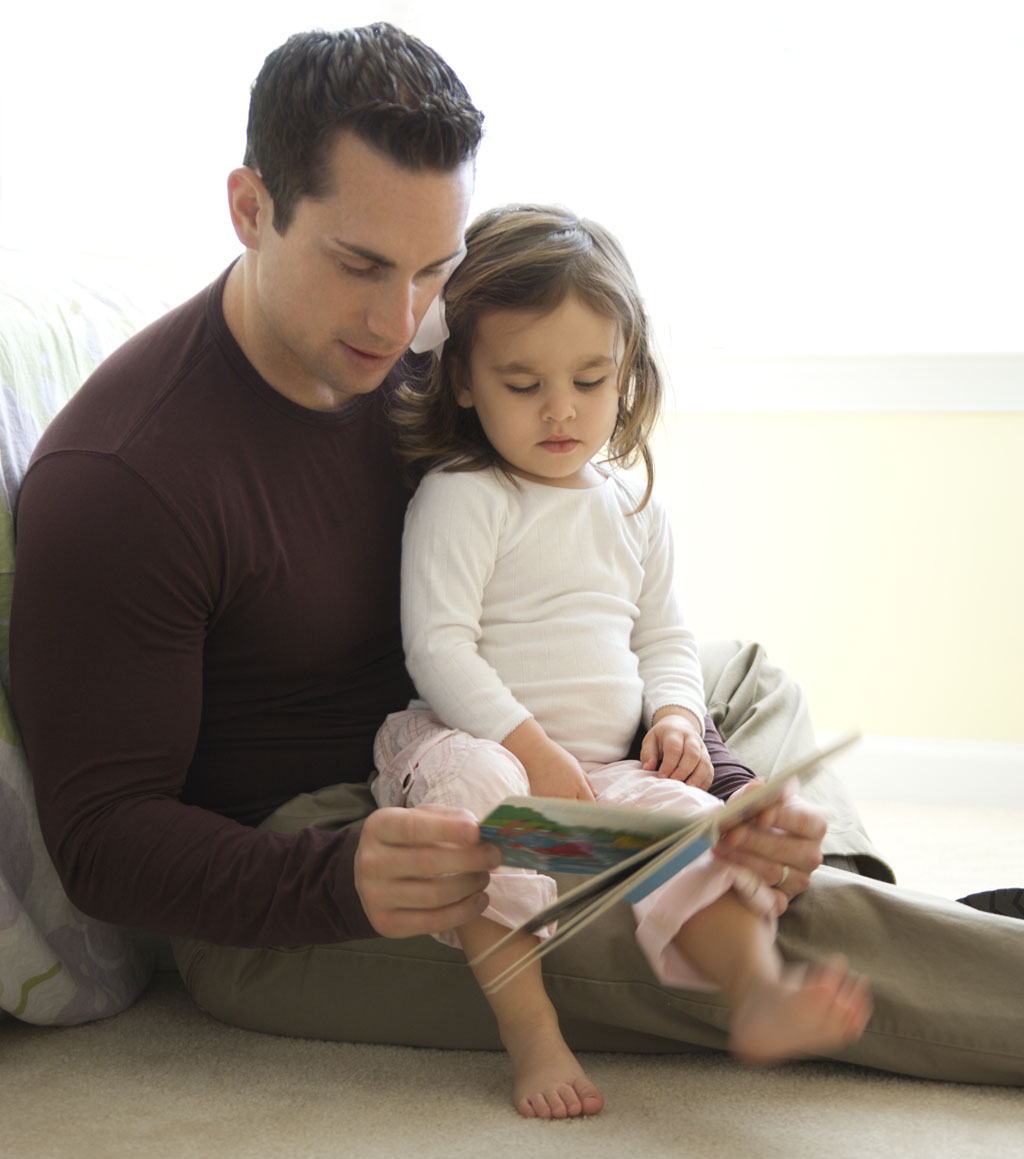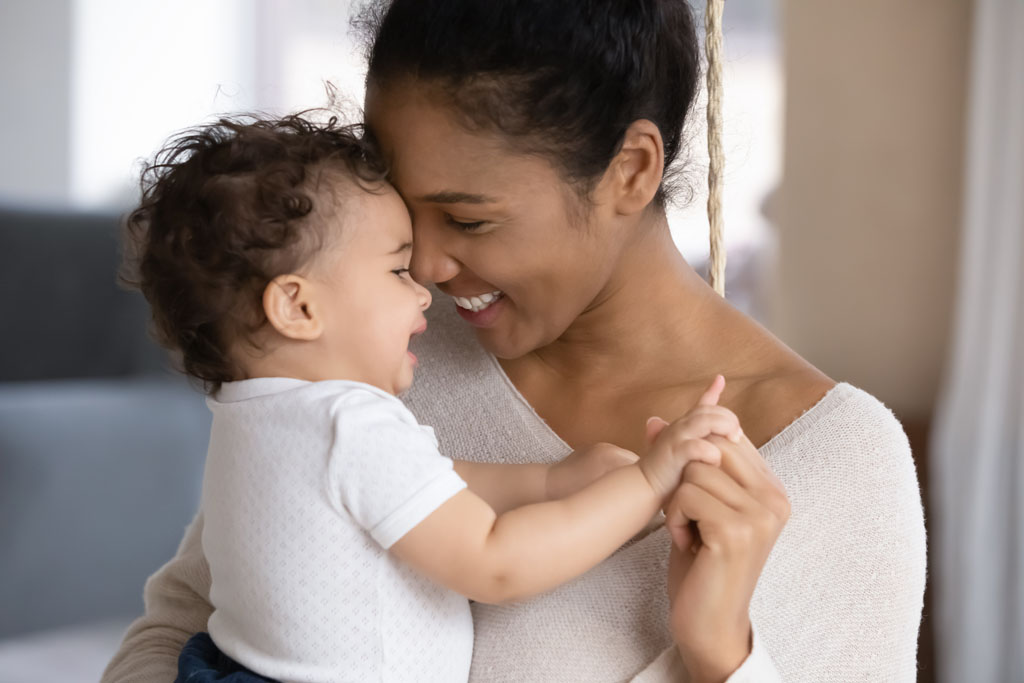
“Joyful books, for readers both young and old.”
Hello and Welcome to my Blog, Jewel Noir!
I am Dr. Kimberly A. Gordon Biddle, an Emeritus Professor from Sac State and an author of textbooks and children’s books (PB & MG). I started out with humble beginnings, being raised in poverty by a single parent mom in a rural village in Illinois. I was educated at the University of Redlands with a Double BA in Psychology and Music, where I graduated Cum Laude. Then I continued my education at Stanford University GSE, where I obtained a PhD in Child and Adolescent Development. After 30 years in the field, 28 years as a Professor, I am retired and focused on helping others with my writing. This bi‐monthly blog is one way that I am helping. I hope it is informative and helpful to those who read it.
Reading to Young Children, Attachment Security, and Thinking (Cognitive Executive Functions)
Posted June 15th, 2021
There exists a common tradition or ritual in many homes with children. This ritual consists of an adult placing a young child in his (or her) lap and reading to them. During this time the child gains preliteracy skills and knowledge. They also feel a sense of warmth, security, and order with the adult that is known as secure attachment. I state that this interaction is related to the child’s attachment with the adult. I state it also is related to the child’s love of reading. Research published in 2015 also demonstrates that this interaction helps a child with their thinking and self‐regulating abilities or cognitive executive functions. So, this common tradition of sitting a young child in your lap to read to them is quite important for their relationships and thinking abilities when they are young and in their future. Research shows this is true for all children.

So, what is the big deal? Well, in terms of research, the importance of the secure relationship to thinking skills is a relatively new finding. Learning skills such as goal setting and impulse control, and self-regulation can be improved if done in a warm, responsive, and securely attached relationship. Routinely reading to young children in a loving manner can help them with self‐control, flexibility, and meta‐cognition. The positive influences come from the secure relationship that is created and not just the content and practice of reading to the young children. Attachment and a positive relationship are important to developing thinking skills, too. This is true for present and future thinking skills.

Read to young children in a loving way. This is more than just a relationship builder or a fun time. This helps the young child in their future, by showing them a loving relationship and building their thinking skills. This common and simple tradition is quite miraculous. So please, keep reading to young children. This expression of love and support will do them a world of good. Besides, this tradition is fun for all involved. Just know that you are giving that child more than reading and thinking skills. You are giving them a loving foundation.
Reference ‐ A secure base from which to regulate: Attachment security in toddlerhood as a predictor of executive functioning at school entry (2015) by Bernier, Beauchamp, Carlson, & Lalonde.
Current Blog
Posted January 16th, 2026
Archives
Posted June 1st, 2025
Posted October 12th, 2024
Posted February 11th, 2022
Posted January 17th, 2022
Posted November 17th, 2021
Posted September 2nd, 2021
Posted June 15th, 2021
Posted March 15th, 2021
Posted January 13th, 2021
Posted October 8th, 2020
Posted September 9th, 2020